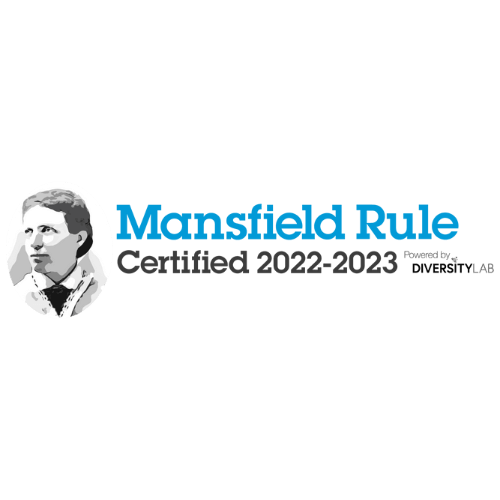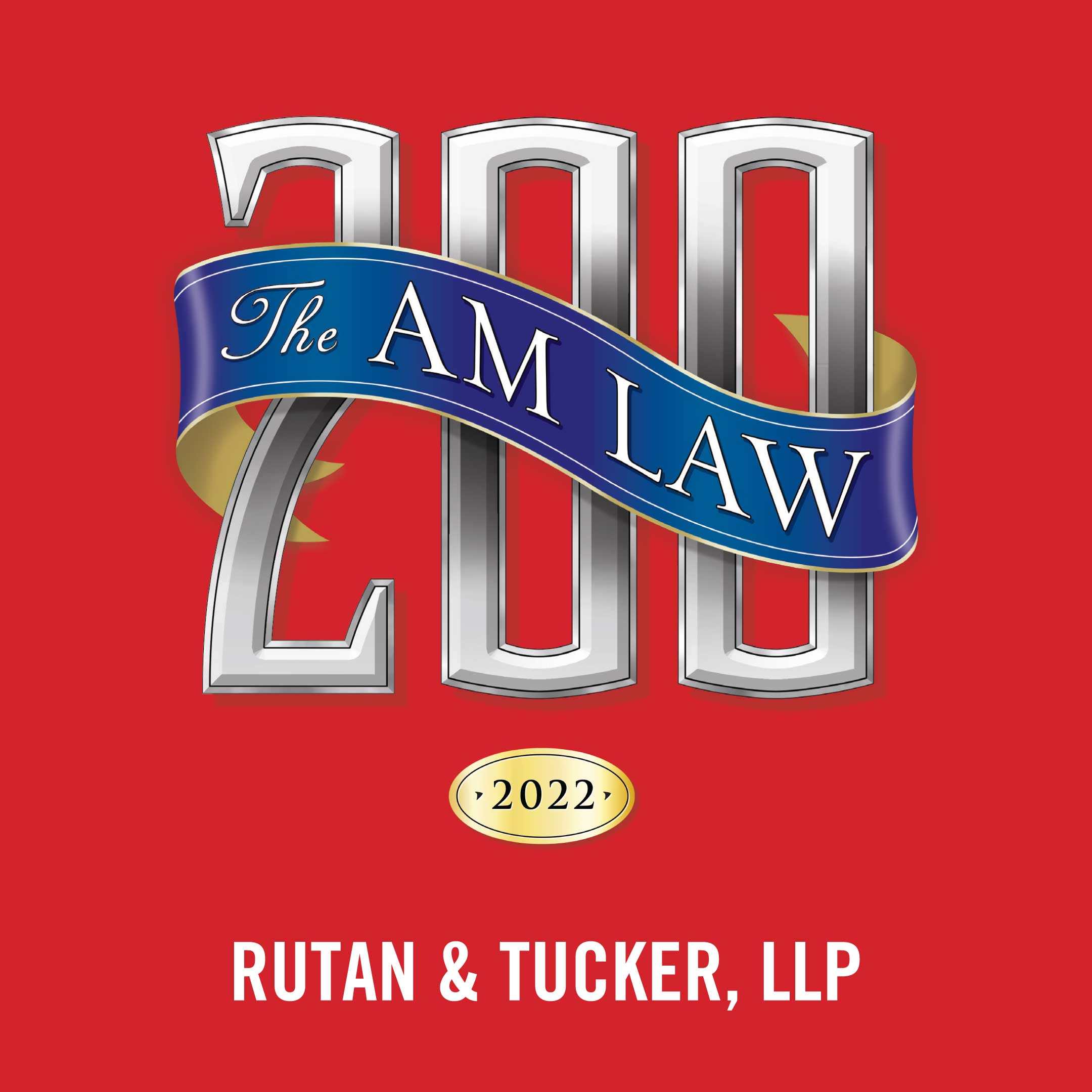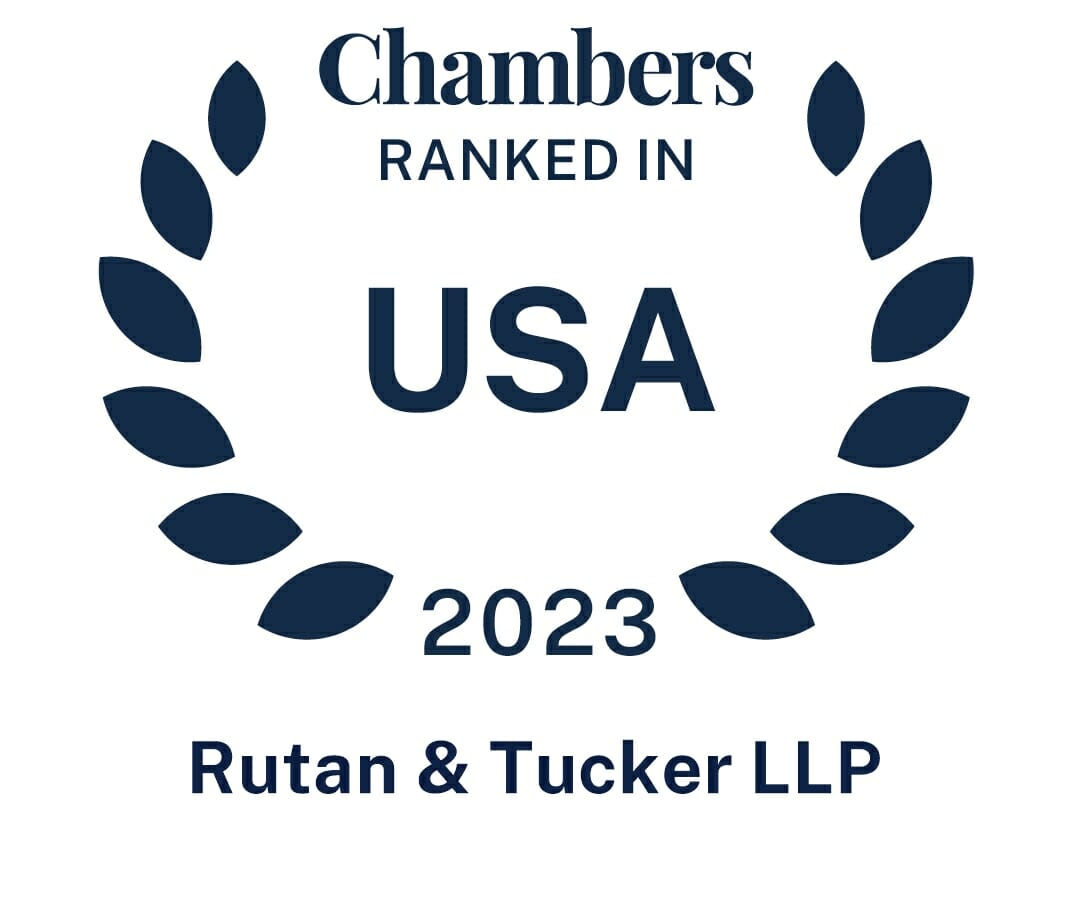In ComputerXpress Inc. v. Jackson, (2001) 93 Cal.App.4th 993, a recent business tort case arising out of a failed merger, the defendant successfully used the California SLAPP (Strategic Lawsuits Against Public Participation) statute as an affirmative defense to eliminate some but not all of plaintiff’s libel and interference based tort claims, and to recover attorneys’ fees. The decision is a warning to business tort plaintiffs to think twice before pursuing defamation and interference related causes of action and to carefully evaluate such claims prior to asserting them. For the business tort defendant, ComputerXpress creates a safe harbor in which to engage in speech on matters of public significance. California’s SLAPP statute provides that causes of action arising out of conduct in furtherance of a person’s free speech or petition rights are subject to a special motion to strike unless plaintiff can establish a probability of prevailing on those causes of action. (Code Civ. Proc. § 425.16.) The SLAPP statute applies to several kinds of speech and petition related acts on matters of public significance, including statements made in a “public forum” on issues of “public interest.” The ComputerXpress case arose from a failed merger. Plaintiff ComputerXpress alleged that it was damaged by defendant’s false representations that defendant’s business was profitable, and by defamatory statements defendant posted on financial websites. ComputerXpress pleaded four causes of action based on the web site statements and a fifth cause of action based on a letter defendant sent to the SEC; the remaining causes of action were based upon defendant’s false representations of profitability. Employing the SLAPP statute, defendant moved to strike all causes of action. The court of appeal held that defendant’s SLAPP motion should have been granted as to the causes of action based on the website statements and SEC complaint because those statements and the complaint were both made in a public forum on issues of public interest; the appellate court held the SLAPP motion was properly denied as to the causes of action based on defendant’s false representations of profitability because the representations were not made in a public forum or on matters of public interest. The court further held that where the causes of action are based on factually and legally discreet tortious acts by the defendant, defendant’s SLAPP motion to strike may be granted to some of the causes of action even if it is not granted to all causes of action. The court’s decision put additional teeth in the SLAPP statute by holding that defendant was a “prevailing defendant” even though only partially successful on its SLAPP motion, and was entitled to recover attorneys’ fees and costs under the SLAPP statute. There are several important implications arising from ComputerXpress for business tort litigants. Implications for plaintiffs: When including causes of actions involving free speech related conduct that may fall within the SLAPP statute, plaintiff needs to carefully consider the merits of each individual cause of action: If the SLAPP statute applies, plaintiff must be able to make a showing of facts which, if proved at trial, support a judgment in plaintiff’s favor. Defamation and to a lesser degree interference torts can involve free speech rights, and if the plaintiff cannot make the necessary showing of facts, the cause of action may be stricken and plaintiff may be forced to pay attorneys’ fees and costs. Implications for defendants: For defendants, the SLAPP statute is now an even more potent tool for challenging suits arising out of conduct that implicates free speech and petition rights. A defendant may selectively challenge causes of action, and, if successful, can eliminate the offending causes of action and recover attorneys’ fees and costs incurred in eliminating those causes of action. Mr. Mircheff may be reached by telephone at (714) 641-3405 or by e-mail at dmircheff@rutan.com.



